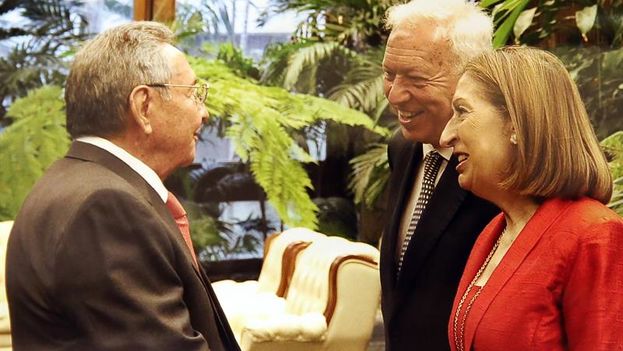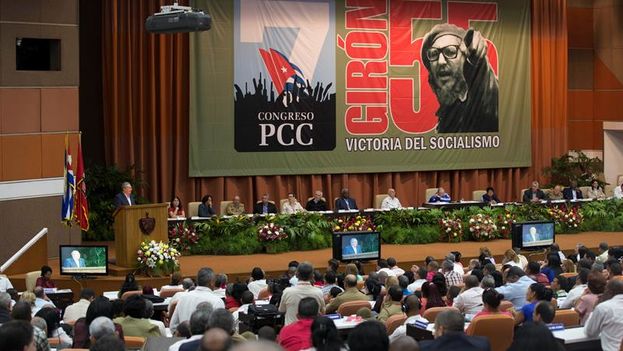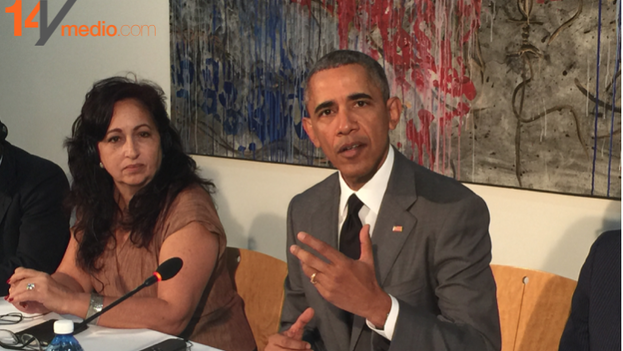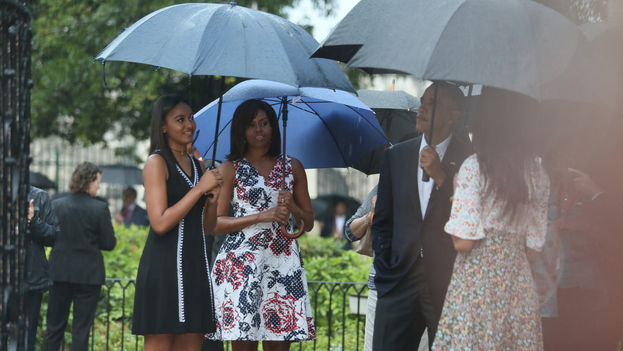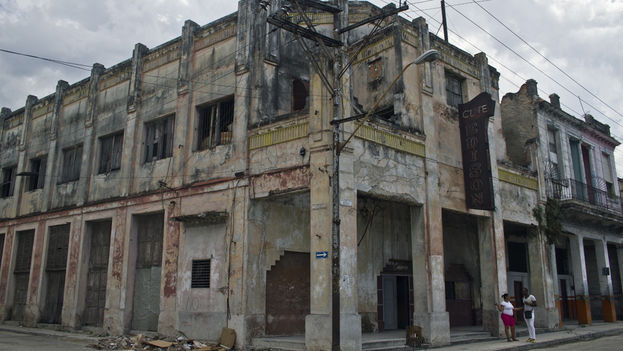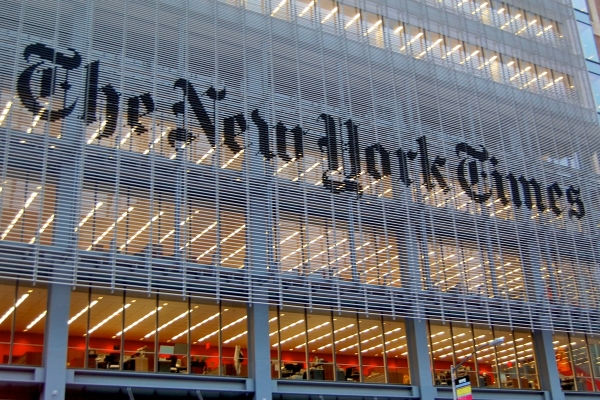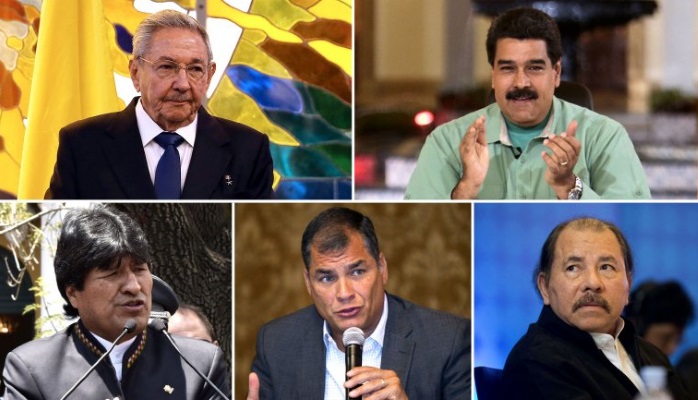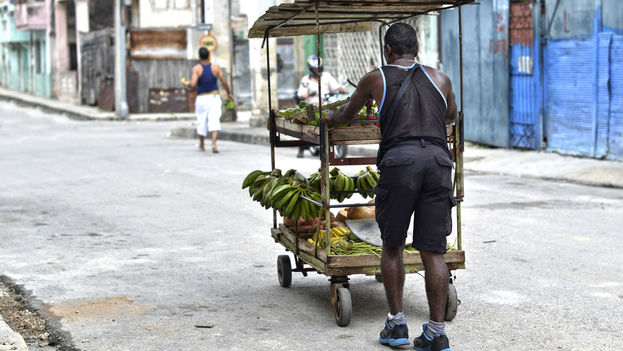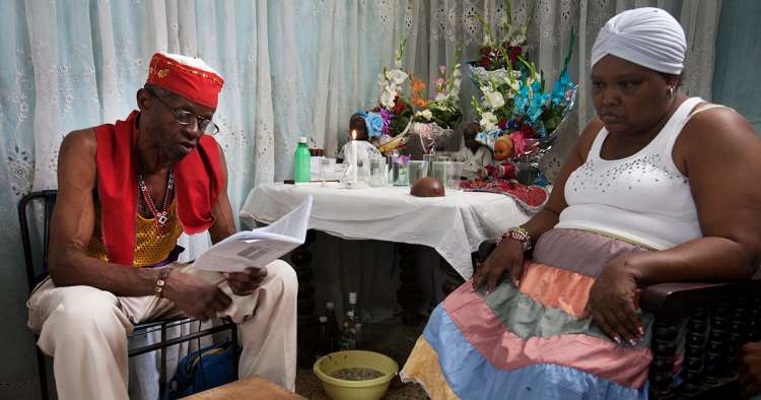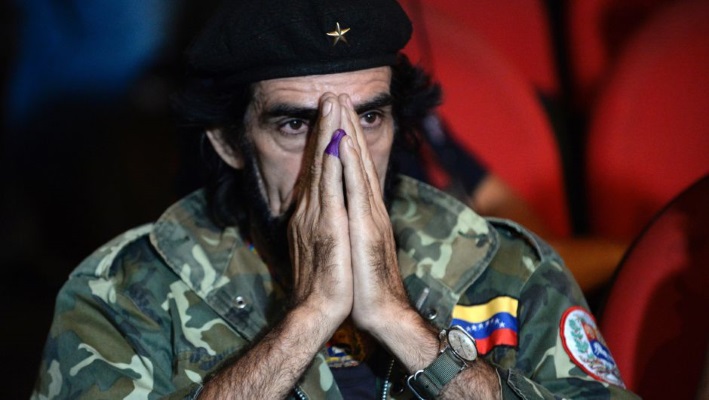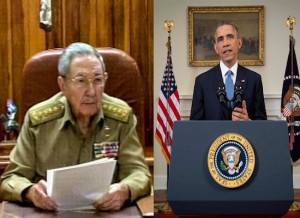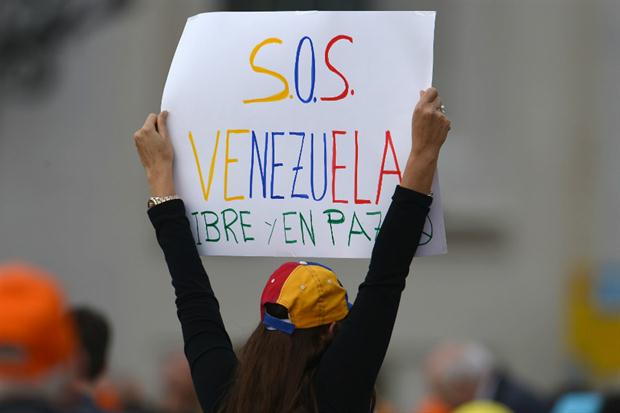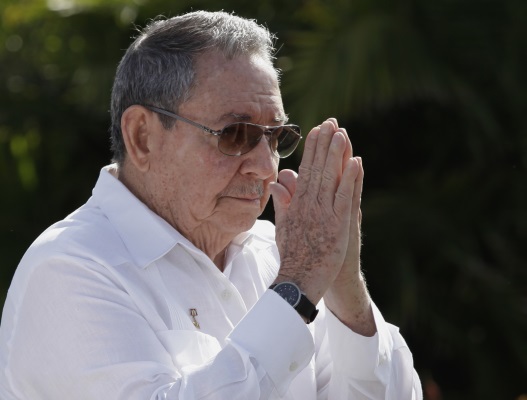
 Cubanet, Miriam Celaya, Havana, 26 May 2016 — The Cuban Party-State-Government has just published a tabloid containing two of the root documents analyzed and approved during the VII Congress of the Cuban Communist Party (PCC) last April, 2016. These are the Project for the Conceptualization for the Economic and Social Model of Socialist Development Project and for the National Project Plan for Economic and Social Development Until 2030: Proposal Of Country’s Vision, Core And Strategic Sectors.
Cubanet, Miriam Celaya, Havana, 26 May 2016 — The Cuban Party-State-Government has just published a tabloid containing two of the root documents analyzed and approved during the VII Congress of the Cuban Communist Party (PCC) last April, 2016. These are the Project for the Conceptualization for the Economic and Social Model of Socialist Development Project and for the National Project Plan for Economic and Social Development Until 2030: Proposal Of Country’s Vision, Core And Strategic Sectors.
No doubt this is a case of “partial declassification”, considering that the four documents adopted in April’s occult ritual were of a strictly secret character. The discussion and approval, produced in covert conditions, involved about a thousand of the anointed (so-called “delegates”) and, according to official figures 3,500 “guests.” continue reading
The two remaining mysterious scrolls have yet to be declassified, namely, the Report on the Results of the Implementation of the Guidelines for Economic and Social Policy of the Party and the Revolution, with the Update of the Guidelines for the period 2016-2021, which contains the Working Party In Compliance With Those Approved At The First National Conference Objectives And Guidelines Of The First Secretary Of The Central Committee, i.e., the sacred commandments of the General-President himself.
The first thing that draws attention to this tabloid’s disclosure is the indifference of the Cuban population, which has not given any importance to a document where, presumably, the destiny of the nation was plotted and established. In contrast, some foreign news agencies have unleashed a wave of comments that tend to magnify those documents as if they were the creation of a miracle, focusing the spotlight on what they consider the big news: the alleged acknowledgement of “private property” by the PCC, including medium size and small businesses in that category. At the same time, the media’s most audacious analysts suggest the Cuban government has employed certain political will to enhance or enable the development of this type of economic management.
Such a mirage, agitated by the “co-responsible” of Havana’s accredited press–so diligent in legitimizing the official discourse of the ruling elite as refractory to delve into a serious and thorough investigation of the Cuban reality–part of a misinterpretation of point 91 of the “Conceptualization…”, which textually exposes “another transformation that will contribute to the economy, employment and well-being of the population is the recognition of the complementary role of private ownership over certain means of production …”.
However, it is known that true private property is only possible in societies where individuals, groups or business entities are able to exercise the right to own, control, inherit, manage and produce their goods and capital in order to achieve wealth. Those rights include the possibility of developing their properties according to their abilities, or acquiring (including importing) raw materials, machinery, equipment and all documents necessary for the development of their commercial or productive activity, which implies the existence of a lawful framework providing legal guarantees to the “owners.” That is not the case in Cuba, as should be known in the circles of the accredited press.
In fact, the newly published document endorses the opposite of what can be expected where real private property exists, as described in point #104: “the concentration of property and wealth in natural or legal non-State persons or entities is not allowed, in accordance with what has been legislated, in a manner consistent with the principles of our socialism,” and, if this were not enough, they hammer another nail on the coffin of the illusory “private property” in section 201, when it dictates: “the state regulates the constitution, dissolution, liquidation and restructuring of legal entities of all forms of property. It defines their areas of policies and principal activities.”
But the most relevant value of “The Project of Conceptualization …” is the huge number of conflicting and mutually exclusive elements, which clearly reflects not only the extent and depth of the Cuban socio-economic crisis, but the impossibility of getting it resolved from the political and legal framework established in the last 57 years.
This is evident throughout the entire document, but a few key issues that contradict the ideological assumptions on which it is intended to build the “Model” are more than sufficient. Suppose we look at the case of foreign investments, a kind of property that is currently being officially acknowledged by the government as “a source of development and means of accessing capital, technology, markets and managerial experience, which contributes production clusters and in the resolution of major structural imbalances…” (Item #90).
On the other hand, the principle that the economic system is planned, regulated and controlled by the State is sustained. The State also controls relations with international economies (point 203).
So the solution to the structural crisis of Cuba’s socialism is found in the forms of capitalist production, but the distribution of wealth stemming from market relations through foreign trade and foreign (capitalist) investment will be exerted by the socialist state. Then the wealth from capitalist production capacity would be state-socialist property, since, as stated by paragraph 124, “the State acts as a representative of the owner, which is the people.”
The colossal nationalization of the economy continues to be maintained, since, in its capacity as representative of the owners, the State decides and controls the destinies of the corporate profits of socialist property of all the people, after [the owners’] fulfillment of tax obligations and other commitments, (point 148).
This “representation” includes the regulation and control of institutions, companies and communications media as a strategic resource of the State–which is to say, the state monopoly of the media–“according to the policy designed” by the CCP, “preserving technology sovereignty, in compliance with the legislation established on matters of defense and national security” (points 110 and 111), in which it presupposes ratification of Law 88 (Gag Law).
Of course, the role of the State (government and one-party at the same time) as “patriarch” manager of wealth and properties under “representative of the people” is more than questionable, in a nation where presidential elections have not been held in over 60 years, and where more than 70% of the population was born after 1959 and has never had the opportunity to legitimize such paternity.
This is precisely what determines that the “new” proposal–absurdly futuristic, but almost identical to all the discursive rhetoric of the preceding decades–from the same octogenarian and retrograde ruling elite, does not arouse the interest of ordinary Cubans in the least. Why “debate” about the same old fait accompli? they ask themselves with the same apathy that dominates Cuban society.
Few have stopped to think that, with the popular “debate” which, it’s rumored, will take place around these documents, the ruling caste aims to “legitimize” the consecration of state capitalism for their own benefit, and will continue to cling to power beyond the biological possibilities of the olive-green banditos. This seems to be expressed in the presentation of the behemoth in question: we are facing the strategic legacy of the “historic generation” to new generations.
It is not possible to exhaust in a single article all the ambiguous rabbit trails that slither along the 330 points of the Conceptualization Project. For now, let’s summarize that they are the “good news” that Saint Raúl, of the olive-green, bearer of a truth that has certainly been revealed to him by his predecessor, the Great Orate: if we stick to the concept of “Revolution” of that wise old man, if the “Guidelines” are met and if the results of the implementation of these are effective, in the year 2030 Cubans will be in a position to “build a sovereign, independent, socialist, democratic, prosperous and sustainable nation.”
Let no one be surprised if, in the coming weeks, the number of emigrants from this impossible island increases exponentially.
Translated by Norma Whiting

